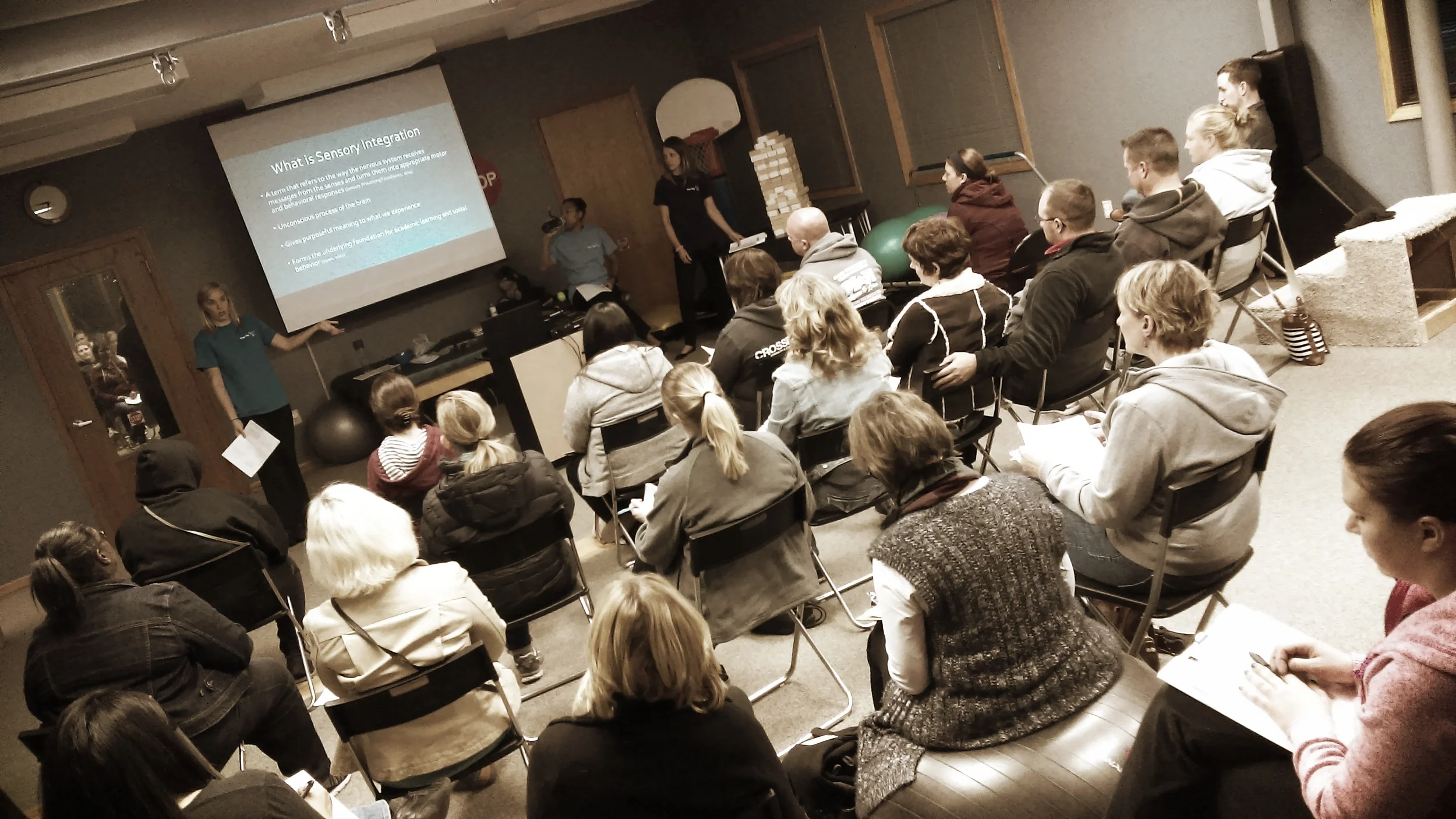Speech Myths Debunked
/At Therapy OPS, we are always trying to improve our practices by googling, reading research, experimenting, and collaborating with others. This week, the speech department read an interesting article that reviewed some myths and recently disproven theories that affect language therapy. Here are a few that you may find interesting and help explain what we’re doing in therapy:
Myth 1: Mass practice is more effective than distributed practice. Researchers have found that spacing out the goals we target lead to better retention. This means that we should not target the same language goals every session until they’ve mastered/met the goal. They will actually do better if we mix in the other goals. This spacing could be as simple as targeting a describing goal during Monday sessions and the past tense goal in Wednesday sessions.
Myth 2: Therapy that is consistent and predictable is more effective than therapy that “mixes it up”. Changes in environment and activities has been linked to long-term learning. This is why your therapist often treats in different rooms (especially the gym!).
Myth 3: The more feedback, the better. This myth is true for both speech and language therapy. Variable, spaced out feedback has also been linked to longer-term learning. Giving too much feedback can interrupt the flow and/or cause the child to tune out the feedback because it no longer means as much.
Myth 4: Short phrases should not be provided for children with limited language. This is new research that that many of us were not taught when we were in school. We were always instructed to model short 2-3 word phrases for early language learners. BUT recent research found that we should model full, grammatically correct sentences instead. The science behind it has to do with weak and strong syllables, but we won’t bore you with that. Just know that they are still hearing your model, learning from it, and picking out the key words anyways (which is probably what you would have modeled in the first place). So instead of saying “want milk?”, next time trying saying “Do you want milk?” and see what happens!

